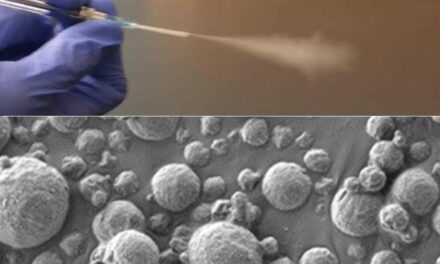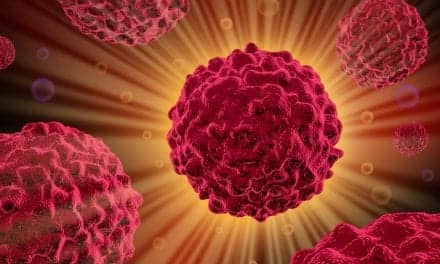Researchers at Boston University’s School of Medicine (BUSM) have been awarded a 5-year, $2 million grant from the National Cancer Institute (NCI) Early Detection Research Network (EDRN), as well as a 4-year, $1.3 million grant from the Department of Defense (DOD) to develop novel and complementary procedures for early detection of lung cancer in high-risk patients.
The NCI grant will support collaboration between the University of California, Los Angeles, and BUSM to form a Lung Cancer Biomarker Development Laboratory (UCLA-BU BDL) as part of the NCI EDRN program. The focus of the BUSM portion of this research program is designed to develop new tests for diagnosing lung cancer based on subtle cancer-related differences in cells from the nose or mouth.
“The idea is that even though these cells aren’t cancerous, they act differently in patients with cancer and we can use these differences to diagnose disease,” said Marc Lenburg, PhD, associate professor of medicine and pathology at BUSM.
According to the BUSM researchers, they will use sophisticated genomic approaches that measure the activity of each gene to detect the differences between patients with and without cancer.
The DOD grant will fund collaborative research involving researchers at BUSM, UCLA, MD Anderson Cancer Center, and Vanderbilt University. This project also focuses on novel tests for the early detection of lung cancer and will study veterans, who are 75% more likely to develop lung cancer than civilian adults and also more likely to die from the disease.
The researchers will collect cells from the airways of veterans that have been damaged by smoking and develop a test that can detect differences in the healing of these injuries that might be related to lung cancer. This could ultimately allow for the detection of early signs of lung cancer in cells from the mouth, nose, and throat that can be easily collected from smokers at risk for developing the disease. The work will further research into how lung cancer develops and on novel cancer therapies that target this process.
“The challenge is to develop lung cancer detection methods that are effective during this early window of opportunity to increase the rate of early detection and thereby spur early treatment and improve lung cancer patient outcomes,” said Avrum Spira, MD, associate professor of medicine and pathology at BUSM.
Source: Boston University School of Medicine








